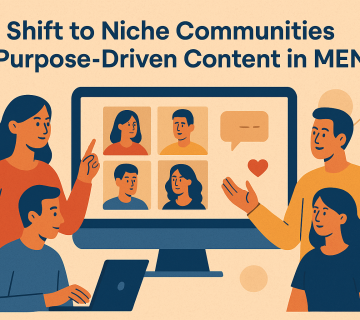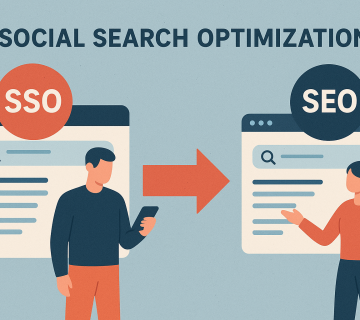As concerns surrounding data collection, misinformation and privacy issues on social media platforms continue to grow, users will actively demand more control over their personal information and data in 2023. This could lead to a renewed focus on privacy becoming an essential trend across major networks.
Currently, most major platforms rely on collecting and utilizing vast amounts of personal user data to fuel ad targeting and customized recommendations. However, numerous scandals and heightened awareness around how data gets collected and shared has eroded trust in these companies. As a result, users now increasingly wish to determine how their information gets used.
Protecting personal privacy online
First requires awareness and understanding of what data social media platforms already collect. This directly includes the most obvious things like names, locations, posts and photos. However, less visible tracking also often occurs through device identifiers, browsing histories and even microphone/camera permissions. Furthermore, third party data sharing further muddies how information spreads.
Currently, consumers possess limited options to adjust privacy settings and control what data major platforms can access on their own. Most networks provide settings to restrict certain kinds of data sharing or collection. However, options vary widely in visibility, depth and effectiveness. Additionally, disabling certain tracking actively limits key features and functionality.
In response, social networks will likely seek to differentiate themselves by emphasizing transparency and user agency regarding personal data and privacy. Platforms that provide features offering the most options and real control over data collection and usage may attract those most concerned about privacy. This could include things like:
- Granular privacy settings for specific data types and permissions
- Enhanced consent features requiring users to opt-in to any new data collection
- More transparent disclosures around third party data sharing
- Clear explanations of exactly what data gets collected and how it’s used
Simply adding these types of features could help reestablish user trust by proving companies truly value personal privacy. However, platforms must ensure chosen options actually restrict specified data collection and sharing as promised. Any attempts seen as purely performative may quickly face backlash.
Overall, a renewed industry focus on genuine data transparency and agency for users will likely mark a promising trend for social media in 2023 and beyond. As challenges around privacy and data ownership persist, platforms that empower users with real control over personal information may prove best positioned to navigate increasingly scrutiny around these issues.




